”We’re gonna be like three little Fonzies here.
And what’s Fonzie like? Cool“
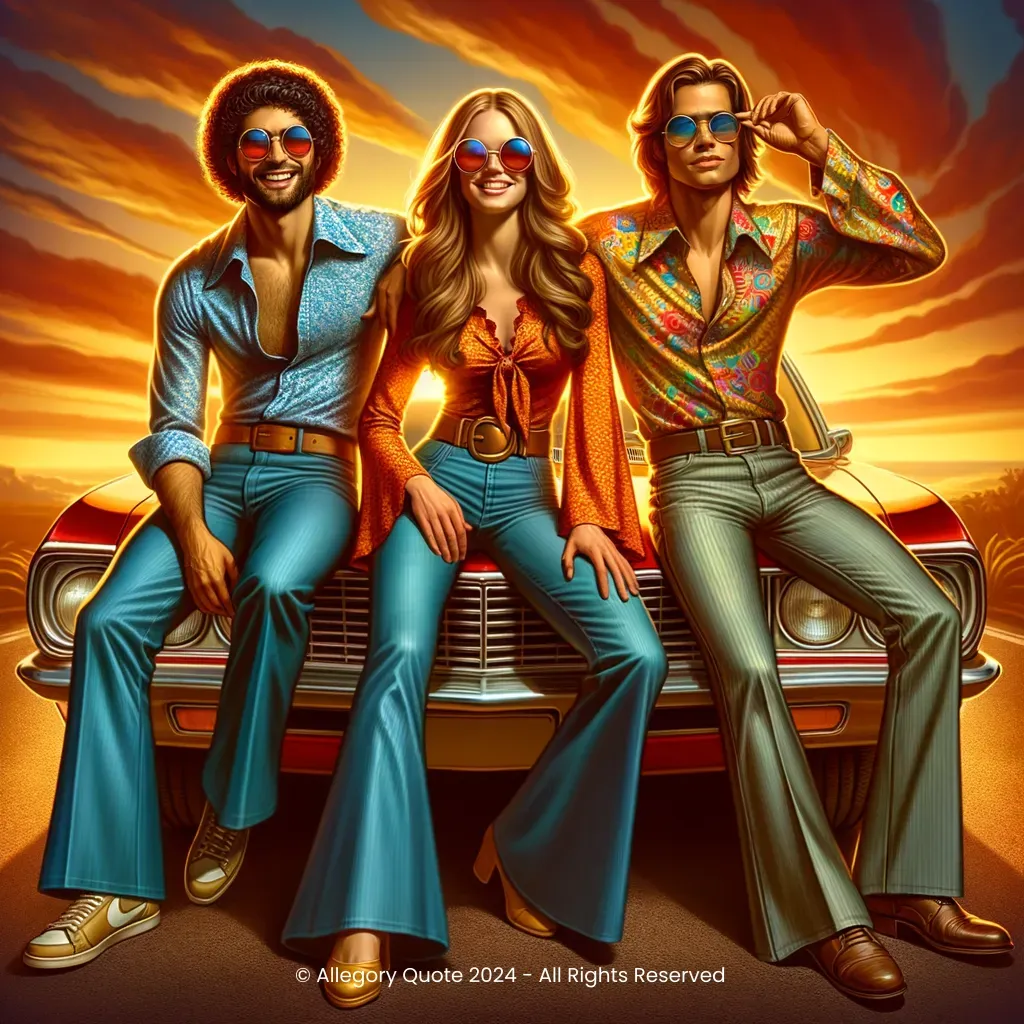
0
0
0
0
- Meaning
- The phrase captures a sense of camaraderie and confidence. It's about embodying the traits of being cool and relaxed, likened to the iconic character of Fonzie. Philosophically, it implies that confidence and coolness can foster a sense of belonging and identity among friends.
- Allegory
- The elements included in the image represent the essence of camaraderie, confidence, and coolness associated with the Fonz. The three friends symbolize unity and a shared identity in their stylish attire and relaxed demeanor, while the classic car and retro vibe evoke the nostalgic feel of the 1970s, reinforcing the connection to the phrase.
- Applicability
- This concept can be applied in personal life by encouraging individuals to embrace their true selves and to foster confidence in social settings. Emulating the 'cool' persona can help in building strong friendships and improving one's social presence.
- Impact
- The impact of this phrase, linked to the Fonz, has shaped perceptions of coolness in American pop culture and has become a reference point in discussions about charisma and style. It resonates in youth culture and continues to influence representations of cool in media.
- Historical Context
- The phrase emerged during the 1970s, a time when popular culture was heavily influenced by television and the rise of teen idol culture. "Happy Days" and the Fonz character represented a nostalgic view of American life in that era.
- Criticisms
- While the Fonz character is beloved, some may criticize the simplified notion of 'cool' as being superficial or dependent on appearances. Arguments against could suggest that true coolness comes from authenticity, rather than emulation of a fictional character.
- Variations
- In other cultures, similar expressions might emphasize traits like calmness or poise, but differ in the role of social identity. For instance, in Japanese culture, expressions around 'coolness' might emphasize humility alongside confidence, reflecting cultural values.
-
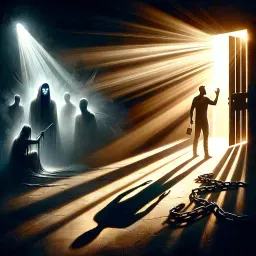
Bring out the gimp.
-
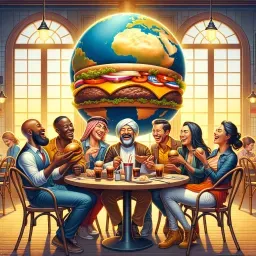
You know what they call a Quarter Pounder with Cheese in Paris?
-

You’ve got a friend in me.
-

I love you. – I know.
-
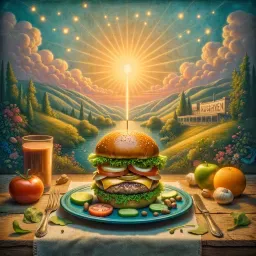
This is a tasty burger!
-

Zed’s dead, baby. Zed’s dead.
-

Some people are worth melting for.
-
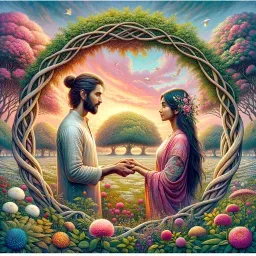
The only way to have a friend is to be one.
-
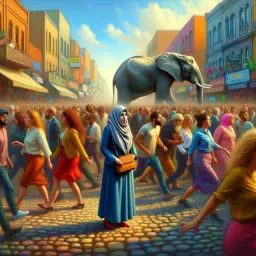
I just shot Marvin in the face.
-

I’m gonna get medieval on your ass.
-

I don’t remember asking you a goddamn thing!
-

I know it was you, Fredo. You broke my heart.
No Comments